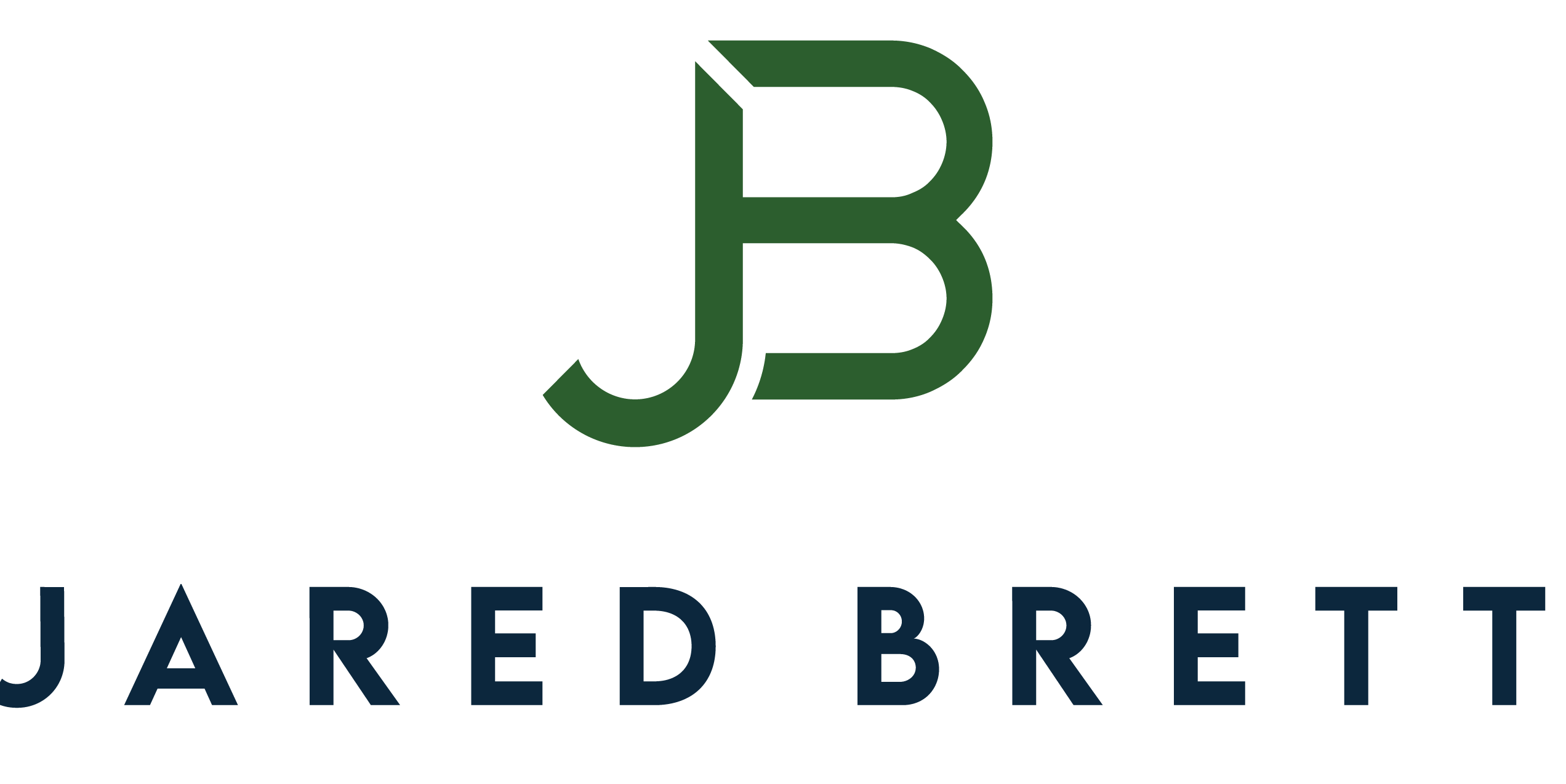It seems this is the only post I write anymore, my annual book review. Each year, I list out the books I read with some commentary with the goal to encourage myself and others to read good books and share what we learn. Considering the wild ride of 2020, I’m happy I hit my goal of averaging one book per month.
This Year in Data About the Books I Read
I read:
- 12 books total
- 25% written by female authors
- 42% Non-fiction
- On average 48 years between publication and when I read (range 4 to 148)
- 7.4 average score I gave to the books I read this year (range 5.2 to 9)
- 0 books in May, June, and September
2020 Book List
| Author | Title | Rating |
| Bechdel, Alison | Fun Home: A Family Tragicomic | 9 |
| Cisneros, Sandra | The House on Mango Street | 8.1 |
| Davis, Lydia | Break It Down | 8.2 |
| Dick, Phillip K. | We Can Build You | 6.4 |
| Lichaw, Donna | The User’s Journey: Storymapping Products that People Love | 5.2 |
| Muller, Max | Essentials of Inventory Management | 6.2 |
| Pressfield, Steven | The War of Art | 5.8 |
| Sinclair, Upton | The Jungle | 8.8 |
| Strogatz, Steven | The Joy of X: A Guided Tour of Math from One to Infinity | 8.2 |
| Taleb, Nassim Nicholas | The Black Swan: The Impact of the Highly Improbable | 8.4 |
| Verne, Jules | Around the World in 80 Days | 7.9 |
| Wilde, Oscar | The Importance of Being Earnest | 7 |
The Joy of X: A Guided Tour of Math from One to Infinity by Steven Strogatz
Strogatz is a professor of mathematics at Cornell and wrote articles for the New York Times attempting to share the joy of math in a less stodgy way. Those articles eventually inspired this book, which is a survey of math in readable, digestible terms. Highly recommended for people who already love math and can’t quite figure out why others sigh when they just start getting to the good part, or for people who think they can’t do math and are scared of it. Strogatz’s survey approaches concepts from the foundations of algebra, trigonometry, and calculus by walking the reader through the real-world problems those maths were invented to solve.
The Black Swan: The Impact of the Highly Improbable by Nassim Nicholas Taleb
Former options trader Taleb’s book is quite famous now. My takeaway: Humans are really bad at predicting the future. What’s worse, we think we’re good at it. This combination leads to the very unfortunate scenario where we don’t plan for the most impactful events, the black swans, the things we can’t predict, and fail to learn from when they do happen, because we’re really good at convincing ourselves after the fact that we weren’t surprised and can’t be surprised again.
The Jungle by Upton Sinclair
Sinclair wrote The Jungle in 1906, describing the plight of an immigrant family in Chicago trying to make it by. It was surprisingly riveting. My unfortunate bias as evidenced by my This Year in Books 2019 post is that I tend to assume older books tend towards plodding. Not true. This book is a good example of why I vouch so strongly for fiction-reading. The lessons about economics, labor, poverty, morality, and health in this piece had a far greater impact on me as a reader than many of the non-fiction pieces on similar topics.
